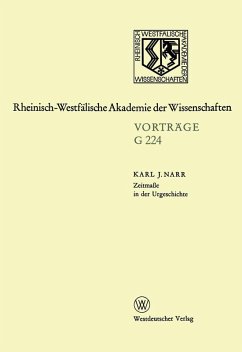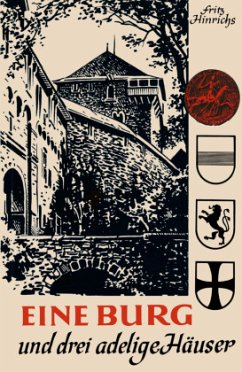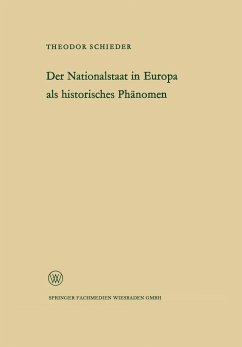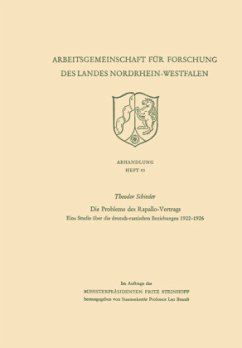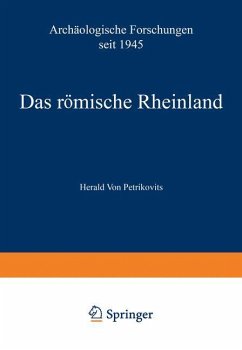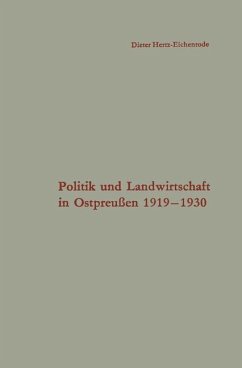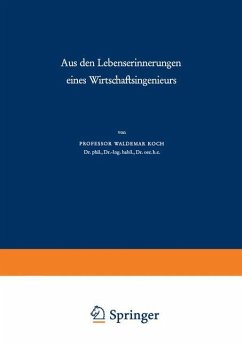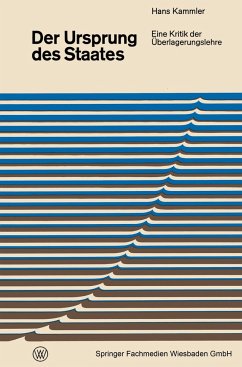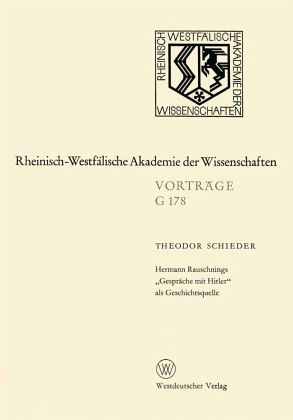
Hermann Rauschnings "Gespräche mit Hitler" als Geschichtsquelle
169. Sitzung am 21. Juli 1971 in Düsseldorf

PAYBACK Punkte
0 °P sammeln!
Bermann Rauschning's book "Gespräche mit Bitler", published first in French at the end of 1939, in German in 1940, and then translated into many other languages, was a world-bestseller. The conversations contained in this book between Bitler and Rauschning, then President of the Senate of the Free City of Danzig, took place in the years 1933 and 1934. The ques tions arises whether these conversations are authentie and whether or not they can be regarded as primary historical sourees. There can be not doubt of the book's deep and wide-reaching impact: Bitler's war policy seemed to confirm its ...
Bermann Rauschning's book "Gespräche mit Bitler", published first in French at the end of 1939, in German in 1940, and then translated into many other languages, was a world-bestseller. The conversations contained in this book between Bitler and Rauschning, then President of the Senate of the Free City of Danzig, took place in the years 1933 and 1934. The ques tions arises whether these conversations are authentie and whether or not they can be regarded as primary historical sourees. There can be not doubt of the book's deep and wide-reaching impact: Bitler's war policy seemed to confirm its statements in many points. It still furnished evidence for the Nuremberg trial before the International Military Tribunal. After the Se cond World War, however, the scholarly evaluation of the book was not unanimous: while a number of historians (e. g. B. Trevor-Roper, A. Bul lock), who were interested in the person and the political system of Bitler, attributed a high source value to the "Gespräche", others (e. g. A. Jacobsen, E. Jaeckel), proceeding from particular aspects, expressed strong criticism. An exact analysis of Rauschning's book, in which the author's earlier work "Die Revolution des Nihilismus" must also be included, demonstrates that, for the period of the conversations with Rauschning, there is at present no other primary source available which provides original statements of Bit ler. That is also true of the establishing of contacts with Poland at the end of 1933 in which Rauschning's services were of considerable importance.



